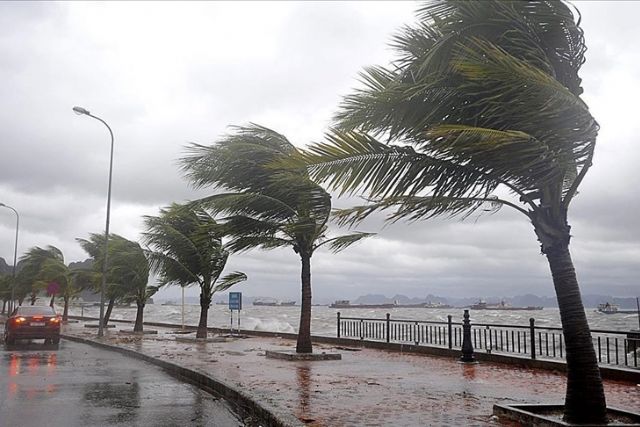Brain drain: Doctors rush for exit door as UK health crisis deepens
With government holding out on demands for pay hike, doctors ‘thinking about going to Australia or New Zealand or Canada’

LONDON
As tens of thousands of junior doctors stage a new round of strikes in the UK, a lingering dispute over pay and working conditions threatens to completely upend an already overburdened healthcare system.
The threat of brain drain is looming larger by the day, with many looking for greener pastures abroad.
“Myself and many other junior doctors are thinking about going to Australia or New Zealand or Canada, where working conditions and pay are much better than here in England,” Sumi Manirajan, a junior doctor, told Anadolu at a protest in London.
Manirajan is among the over 47,000 junior doctors, all members of the British Medical Association (BMA) union, staging a 72-hour strike from Wednesday to Saturday.
The UK's healthcare system has always had problems, but things have taken a turn for the worse due the fallout of the Ukraine war, Brexit, and a spiraling cost-of-living crisis, according to multiple reports by unions, universities and think tanks.
A study by Nuffield Trust, an independent health think tank, showed one in 10 health workers quit their jobs in the 12 months prior to June last year.
The repercussions of the ongoing exodus have been profound, from the National Health Service (NHS) facing severe staff shortages to burgeoning waiting lists for critical medical services.
Government seems to ‘hate the British public'
Giving a picture of the financial crunch, Manirajan said junior doctors are earning 26% less today than in 2008.
Even experienced junior doctors with over a decade of service, entrusted with complex procedures such as brain surgery, are paid £28 ($35) per hour, she said.
“We're just asking for £5 to £10 more per hour, and this is a demand that the government could meet if they wish to. However, this dispute has been going on … since August last year,” she said.
“What we're seeing is thousands of junior doctors leaving the country, leaving the job of being a doctor because of this pay cut. That means that we've got huge vacancies within the NHS, huge waiting lists.”
The latest walkout comes after the government put forward a 5% pay rise offer, which the BMA termed “paltry” as it pushes for a 35% hike to counter the impact of inflation.
Manirajan condemned the government's indifference to the crisis, saying that Prime Minister Rishi Sunak has yet to meet with them.
“This issue is not going away. They need to wake up, get their head out of the sand, and address the issue,” she said.
“At the moment, it appears that they hate the British public and they don't want to provide them with the healthcare service that they deserve.”
Anti-strike legislation ‘an absolute disgrace'
In an apparent bid to stem the wave of protests sweeping the country, the British government has proposed a law making it mandatory for critical industries to maintain minimum service levels even on strike days.
It would mean that essential workers have to remain on duty in vital sectors such as health care, transportation, fire services, border control, nuclear facilities, and education.
The bill has sparked fierce criticism and concerns that it will be used to threaten public sector workers.
Manirajan termed the legislation “an absolute disgrace.”
“What they're trying to do is that, during the strikes, they want to have minimum staffing. What about every single other day of the year when doctors are stretched thin over every single department?” she said.
“What about those days? What about when we can't provide the care we want to. Who cares about it then?”





